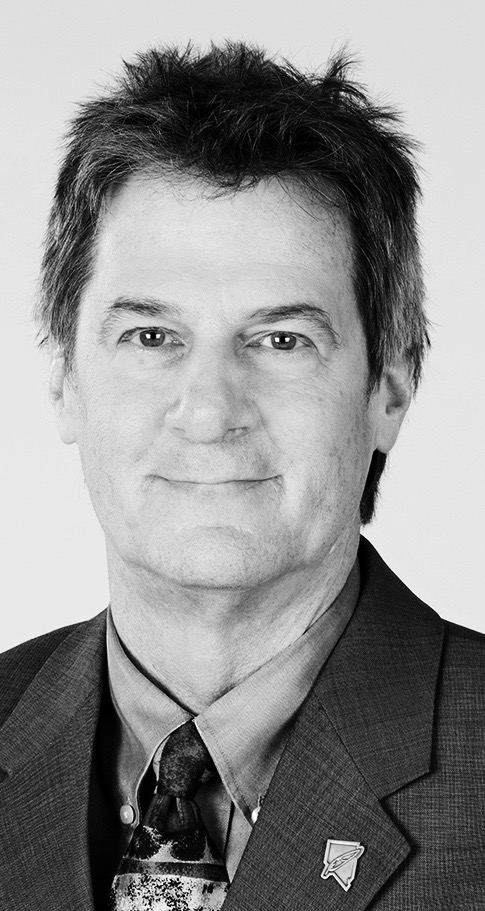The following is reprinted with permission from Grassroots Editor, a publication of the International Society of Weekly Newspaper Editors, and was written for its annual Golden Quill awards for excellence in editorial writing.
By Barry Smith
When I was writing editorials, I kept in the back of my mind two editorial writers I considered to be bad examples.
If I could avoid their faults, I reasoned, my editorials would have a better chance of turning out OK.
One fellow wrote about controversial topics in town every week — a good start. But his editorials invariably followed something like the structure of a news story. “On one hand …,” he would write, followed by “On the other hand …”
And the conclusion? “Only time will tell.”
As you know, if you do indeed write editorials, that kind of wishy-washy meandering doesn’t do much to excite anybody. If you’re going to offer your opinions, well, it’s important to actually have some.
The other editorial writer I kept in mind had no trouble taking sides. She was sharp, critical and could light a fire with words.
It was part of my job to proofread her editorials before publication and, on several occasions, I found myself questioning some of the facts on which she was basing her arguments.
I would walk over to her desk with a hard copy in hand. “You know,” I said, “what you’re saying in the editorial isn’t what we’re reporting in the news pages.”
“I do my own reporting,” she replied, “and I have my own facts.”
That was 25-some years ago, but it’s a refrain we hear all too often today. The point is, if we can’t even agree on the facts, how are we going to have a constructive argument?
I bring up these two examples to support my plea that all newspapers keep publishing editorials.
Here are three reasons:
Take a stand.
Reading these contest entries, I came across a sentence that perfectly sums up the role of the newspaper in its community. In one of his brief asides at the end of an editorial, Dan Wehmer wrote in the Webster County (Mo.) Citizen about the passing of a minister: “I’m far from the perfect human and not the ideal candidate to talk about a man’s walk in faith. But as the local newspaper owner, I’ve got a front-row seat in seeing how people make their mark in our community. Rev. Roy did that.”
That front-row seat is not just for watching and reporting. It’s also for standing up and confronting the issues around you — praising those who deserve it, and holding public officials accountable.
You won’t always be right, and you certainly won’t always be popular. But the right of the free press in the First Amendment also carries a duty to be honest and a leader in seeking the truth.
Be the source.
If there’s a hot topic in town — it could be the weather, it could be the mayor profiting from an asphalt contract — people are going to be talking about it. And if they’re talking about it, the conversation should be taking place on your pages.
I realize most of the jabber these days is on social media. It is seldom informed, enlightened or elevated. Your publication exists to correct that.
Check your reporting.
Here’s the most practical reason to write editorials: As an editor or publisher, it will help greatly in evaluating the content of your own newspaper.
When you sit down to decide whether you should support a tax increase for the school bond issue, the first thing you do (I hope) is re-read the news stories your newspaper has printed about it.
Can you arrive at a conclusion based on what you just read? Or do you have questions?
So many times, I found holes in stories, vague explanations and one-sided reporting in news stories because I read them with the idea that I needed to form a clear opinion from them.
If you can’t do it, certainly your readers can’t. I’m not saying your news stories should be opinionated; just the opposite. They should be thorough and balanced enough for readers to apply their own experience and judgment.
I hope this publication finds its way into the hands of every newspaper in the world whose editors and publishers have stopped writing editorials in the mistaken belief they aren’t important, don’t persuade people or otherwise somehow aren’t worth the time.
The selection here, as well as others that didn’t make the cut this time, are an inspiration for the mission of journalism I learned long ago — “Tell the truth and don’t be afraid.”
 Nevada Press Association The best in Nevada journalism since 1924
Nevada Press Association The best in Nevada journalism since 1924
